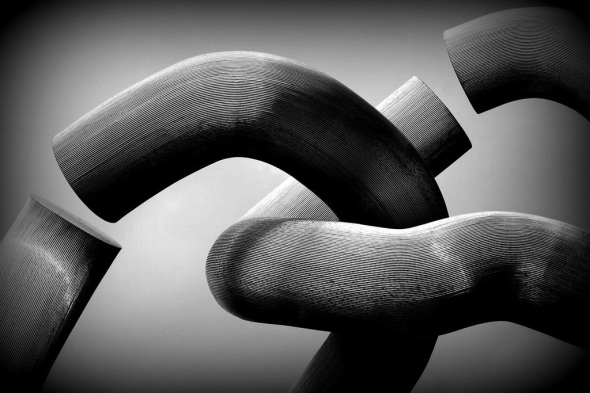WS: Dynamic Relationship
So here it goes,
You are not an accident of science or a cosmic mistake. Your life is not meaningless and your choices matter. You were created with a purpose. The Bible tells us that God made the universe and breathed life into the human race, and calls you to ‘know that the Lord is God’, and that ‘you are his’. (Psalm 100:3-4) God created you – just as he created all of us – to be caught up in a dynamic relationship with him at every level of your life: heart, soul and mind. That is your purpose: the dynamic relationship between you and your heavenly Father that impacts every level of your life. That’s what worship is.
Worship is central to your existence because the God who created you as an act of pure joy intends you to know his love and to love him in response. The Bible tells us that before the creation of the world God chose us to be in relationship with him, and that your very existence is to be for ‘the praise of his glory’ (Ephesians 1:6). Just as sin is described as not giving glory to God (Rom 1:18-25), our great rescue by Jesus will ultimately lead to the arrival of heaven, which is portrayed in terms of worship (Rev 4:11).
You live, breathe, move and love as expressions of God’s joy. You were made to know him, to connect with him, to follow him, to serve him and to enjoy the mind-blowing, heart-stirring fullness of this world he has created. In other words, you were created to worship. It’s deep in your spiritual DNA, in every encounter with God, is this sense of coming home – worship.

Everybody worships something. Whatever captivates your heart’s affection, your mind’s attention and your soul’s ambition, it effectively has your worship. The English word ‘worship’ comes from the Anglo-Saxon ‘weorthscipe’ which literally means to ascribe worth to something, and today we worship anything from rock stars to endorphin-exploding experiences.
Those things that you value, admire, love and enjoy most, are by definition objects of your affection. C.S. Lewis explains this really well, writing, “I think we delight to praise what we enjoy because the praise not merely expresses but completes the enjoyment; it is its appointed consummation. It is not out of compliment that lovers keep on telling one another how beautiful they are; the delight is incomplete till it is expressed.

Leave a comment